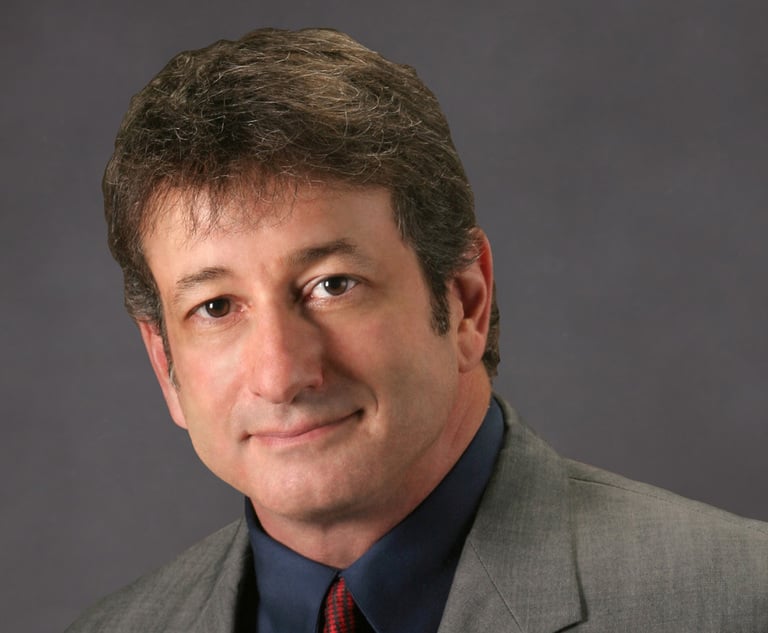The Israel Anti-Boycott Act (S.720 and H.R.1697), a bill in Congress attracting debate, is considered by some to protect the interests of the United States and by others to violate the First Amendment right to free speech. Regardless of how the proposed legislation pans out, it is casting a spotlight on existing U.S. anti-boycott laws and regulations that are often overlooked when structuring cross-border transactions. These laws require serious consideration.
International deals are complex and can be expensive, and they expose the parties involved to regulations both in the United States and in foreign countries. In some circumstances, merely entering into a contract with a foreign party can result in a violation of the U.S. anti-boycott laws.


 Lazaro Vazquez, left, and Francis Rodriguez, right.
Lazaro Vazquez, left, and Francis Rodriguez, right.




